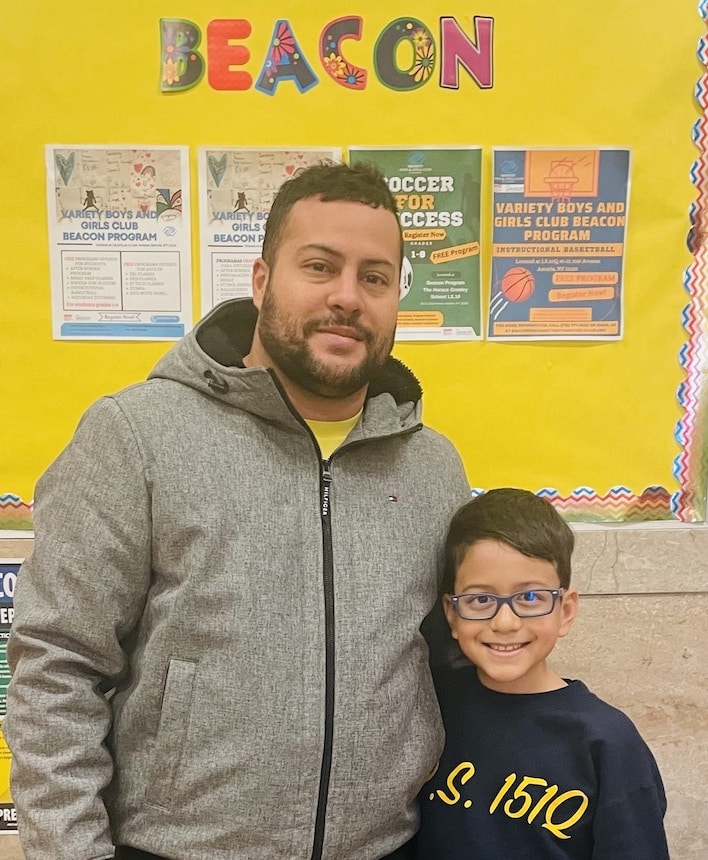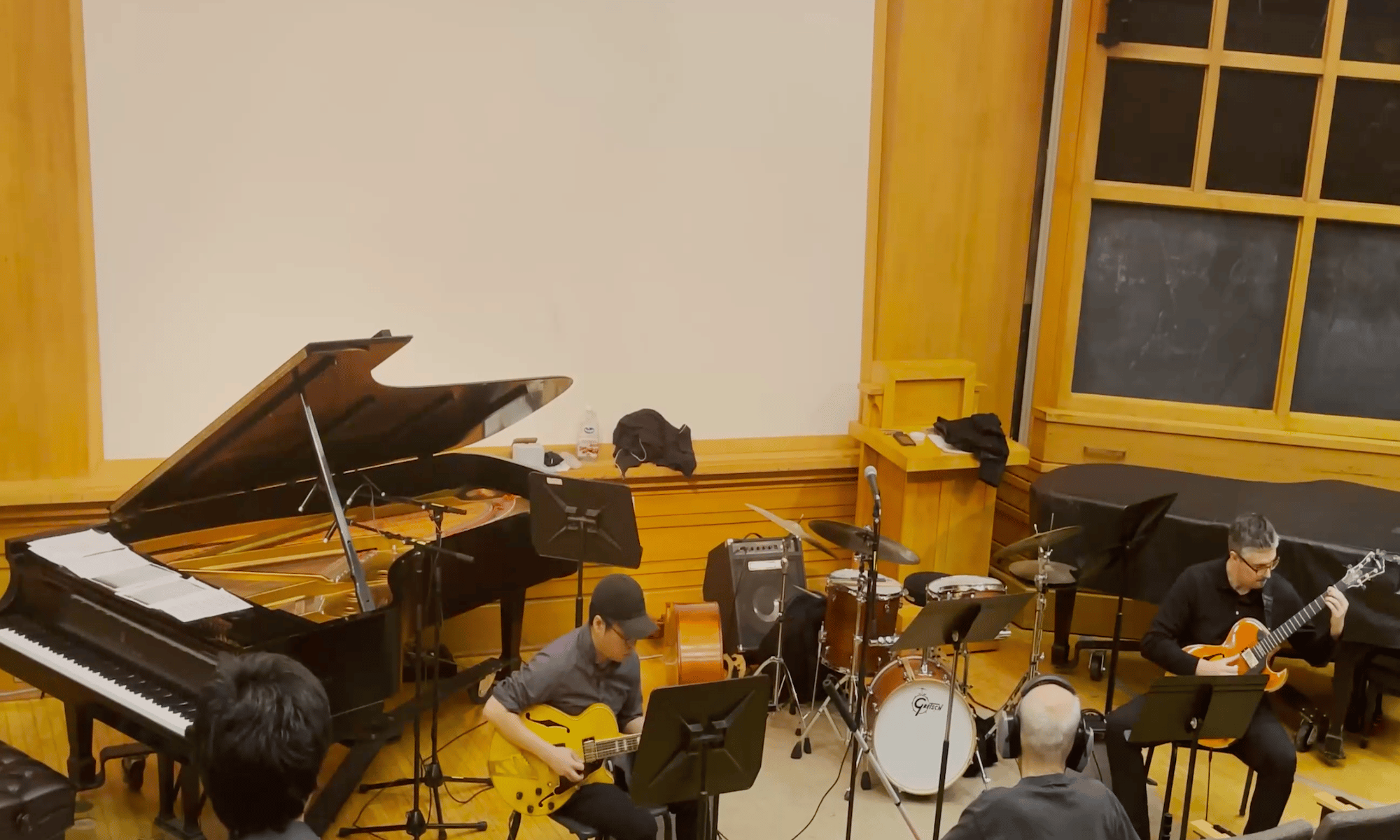First-generation students face larger obstacles in navigating the college entry process often because their parents are unable to help or advocate for them. Photo created by cookie studio - www.freepik.com
This story was reported and written by a high school student in The City College of New York (CCNY) Early College Program.
“My parents don’t know how to read English. So when it came to filling out paperwork about colleges, there were a lot of things I couldn’t understand and my parents couldn’t help me,” Luz Polanco said. The high school senior was born in the Dominican Republic and came to the United States with her parents when she was nine years old. Like many of her classmates, she will be the first one in her family to attend college.
Even though Luz attends The City College Academy of the Arts (CCAA), a New York City high school, her status as a first-generation student made it more difficult for her to apply to colleges. Many of her classmates, who will be the first in their families to go to college, feel insecure about their academics and college prospects. They worry and feel confused even though the school partnered with the Early College Initiative that lets students take college credit courses at The City College of New York.
Their status as first-generation children of immigrants, as immigrants themselves, make them question the reality of opportunities. And there are many young people like them.
The Migration Policy Institute found that 28 percent of 19 million students in the United States are either first-generation students or children of immigrants. They often don’t know about the choices available for college, and many of their parents don’t speak English and can’t help.
Luz and many of her classmates had to reach out to the one school counselor in charge of college applications. “So I had to make an appointment with my counselor, and it took a lot of time because my counselor had many appointments before me, so it delayed my process. I think that if my parents went to college, they would have understood me better, my stress, and how I was feeling,” Luz said.
Students, like Luz, have to go out of their way to find their own resources. “I had to learn most of everything on my own,” Anthony Fernandez, another CCAA senior, said.
Anthony felt the weight of the pandemic as he tried to understand the college application process, and he wished his parents could have helped. “[My parents] don’t really understand the college application process in the United States, and they don’t know about other stuff that other parents from other families may know. I had to learn most of everything on my own.”
Because of their feelings of uncertainty and lack of knowledge about the process, these students questioned whether they were good enough to get into college. “I did not apply for any early action or early decision schools as I was confused and did not personally feel ready to apply early. I went to meetings about college applications and saw others’ lives so put together, and I just felt lost. I was afraid that I was not going to get into college,” senior Johanni Valerio said.
According to a Washington Heights and Inwood analysis by the New York City Department of Health in Mental Hygiene, in 2015, more than 60 percent of the population in Washington Heights and Inwood did not have a college degree, and many did not have a high school diploma. The neighborhood is home to many children of immigrants and first-generation, low-income students. That’s why CCAA partnered with the Early College Initiative to allow its students to dual enroll at the City College of New York. And yet, despite the introduction to college courses and the school’s constant efforts to help inform its students about the importance of college education, it is still difficult for first-generation students.
The CCAA guidance counselor agreed to talk to us but asked us not to use her name. She said, “I believe that many are navigating through the process without help from parents. This is not due to a lack of interest, but many do not understand the college admissions process. Some students believe they can’t afford to attend a private college or study at a school away from home.” Meanwhile, there are many opportunities such as HEOP/EOP (Arthur O. Eve Higher Opportunity Program/Educational Opportunity Program) and colleges that fully fund low-income and even undocumented students.”
She explained that the challenges for first-generation students go beyond applying to college. Many feel that they cannot leave home and be away from their families. Some are not even prepared to live independently or do not know how to operate on a college campus.
The guidance counselor believes that first-generation students need more help. “Communicating through one-to-one or in-class meetings is also important. Every school should have a designated college advisor to teach students how to learn about college applications and financial aid. Financial awareness is key,” she said.
These first-generation students agree and wish that more help were available. “A lot of financial aid classes should be held. Many students struggle to understand how it works and what papers are needed. First-generation students need a little more guidance on what majors and minors they should pick, and even if they don’t know what they want to do, the system should have classes with the interests of the students,” Luz said.
All three students we spoke to are attending CUNY schools this fall. Though they faced several challenges throughout the past four years, they are enthusiastic for a change. “It feels terrifying, but I am really excited to start my journey in college,” Luz said.
But, first-gen students still feel scared about their future. “I am both scared and excited to go to college. Being independent seems really exciting, but I am scared that it may hit me, and I won’t be able to sustain it,” Johanni said.
Tags: college confusion Early College Program First-generation college student immigrant Inwood Richi Barua The City College Academy of the Arts (CCAA) The City College of New York Washington Heights
Series: High School Journalists





